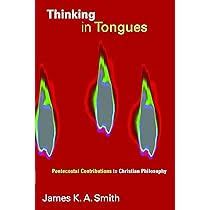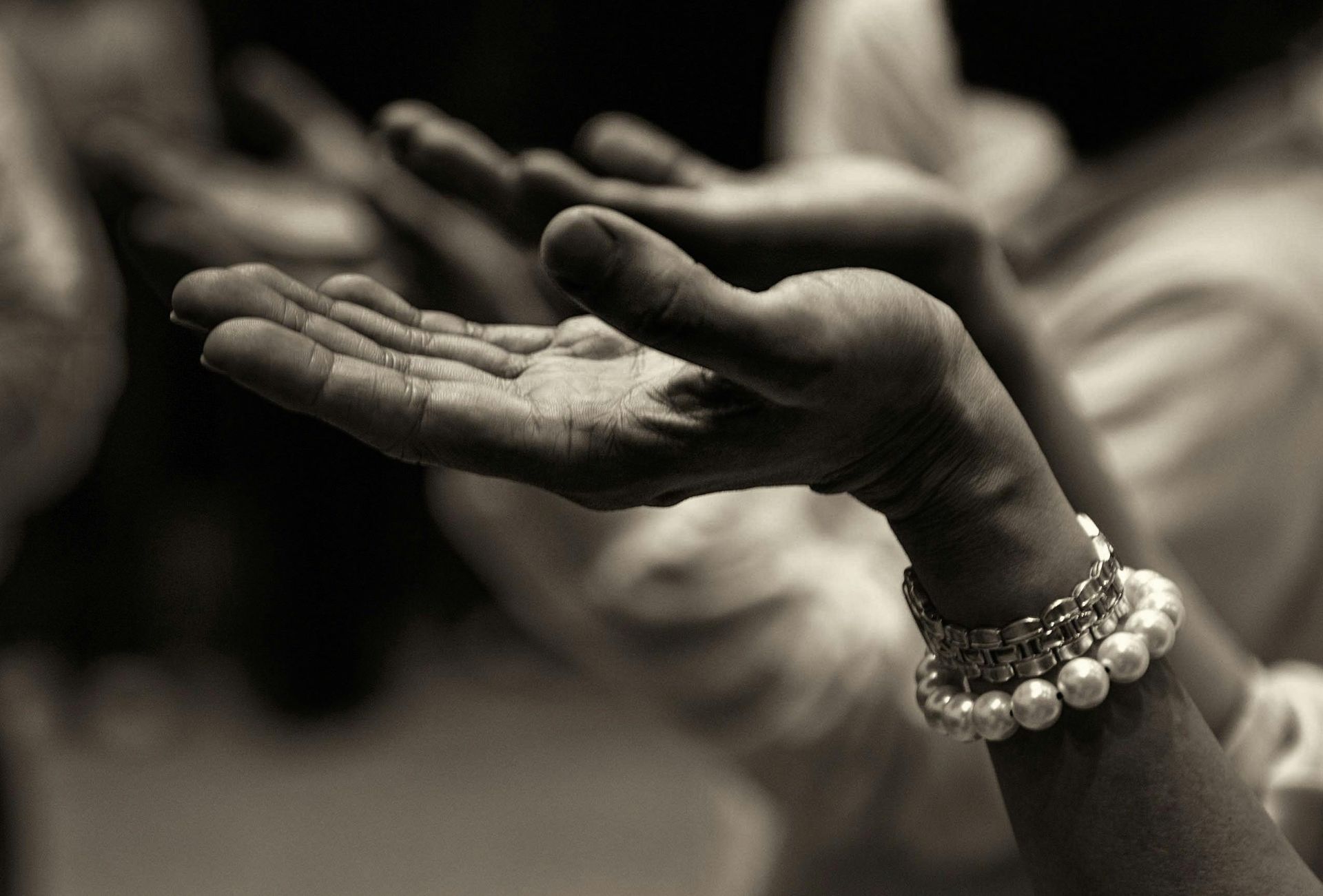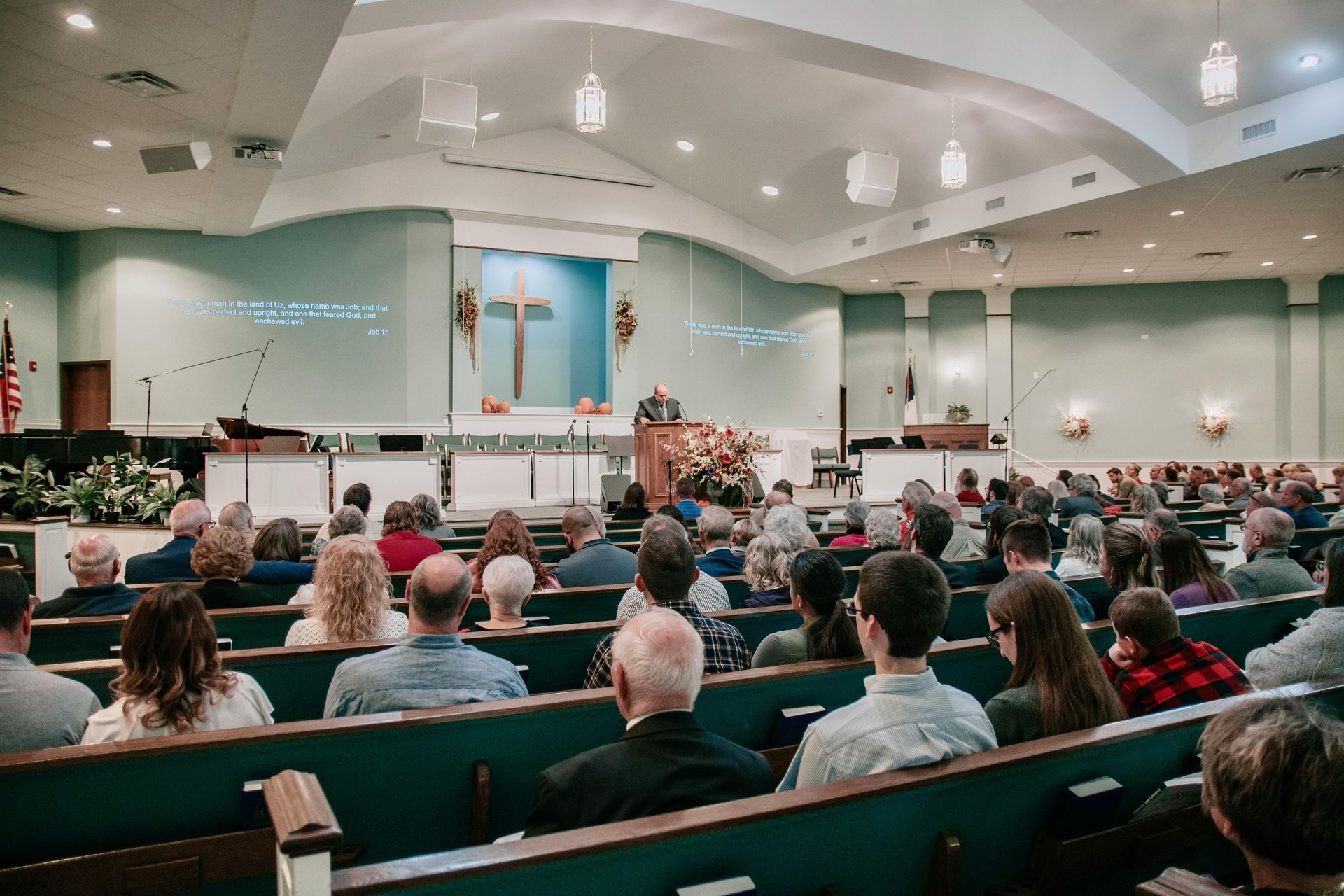Our Need for God's Maternal Care
How the Prodigal Son Parable Teaches God's Maternal Tendencies
Since being published in August, my article "Mythoi, Monomyth, and a Missing Mother" on the Prodigal Son parable has become the most viewed article of the Special Issue on Hermeneutics in the journal Religions.
Previously I wrote posts introducing the article in general and then a more playful and "philosophical" post containing some supplemental material.
But I think one of the things that interests people the most is the thought of the "missing mother" in the parable and what it might mean. I believe the parable uniquely highlights and teaches our need for God's maternal care, despite the main figure in the parable being a Father.
The absence of a mother in the story and the maternal behavior of the father (see the article for more) have been interpreted both positively and negatively by feminist biblical critics.
Many studies over the last half century have focused on Luke’s favorable treatment of women, but some scholars criticize Luke for moving women characters to the margins and downplaying their leadership.
It's true women are placed in domestic spaces in Luke, such as the mini-parable within the parable right before the Prodigal story (see Luke 15:8-10). Some believe that's why the mother never appears in the Prodigal story, because her place is "in the home" and the prodigal story takes place outside the home.
However, others have interpreted the parable more positively for women and as promoting God's maternal tendencies. Part of my archetypal analysis of the parable is to highlight the son's need for maternal care and how the Father in the story meets that need.
I see the parable as equally promoting God's paternal and maternal attributes. As I say in the article regarding all of Luke 15 (which is one parable told three different ways):
"Jesus is the good shepherd, the good woman, and then the father who shows both paternal and maternal tendencies. Thus, Luke 15 is a well-balanced parable that promotes both the masculine and feminine characteristics of the Divine."
For example, rather than a domestic character, we can view the woman in Luke 15:8-10 as entrusted with and responsible for the family's finances. Her status, influence, and leadership in the community is evidenced by her ability to quickly gather everyone together for a celebration (15:9).
Similarly, it is perfectly normal to expect (in fact, perhaps more expected!) that the mother would be the one to be outside greeting the son in the Prodigal story.
There's a fascinating parallel scene in Tobit 11:9 when Tobias returns and his mother, Anna, “ran up to her son and threw her arms around him . . . And she wept.”
Thus, the "inside/outside" dichotomy that some argue for does not hold up. The Father is acting more like the Mother, and by acting in that space is communicating God's motherly and fatherly heart for God's children.
You may disagree, but I find it both fascinating and convincing!
For more, check out the article.
NEWSLETTER SIGNUP (blog post layout)
ABOUT JOSEPH
Pastor, Author, and sometimes pretends to be a scholar
Joseph (PhD, University of Birmingham) is the author of The Pentecostal Gender Paradox: Eschatology and the Search for Equality.
Since 2015, he and his wife have together pastored Oceanside Community Church on Vancouver Island, where they live with their four children.










